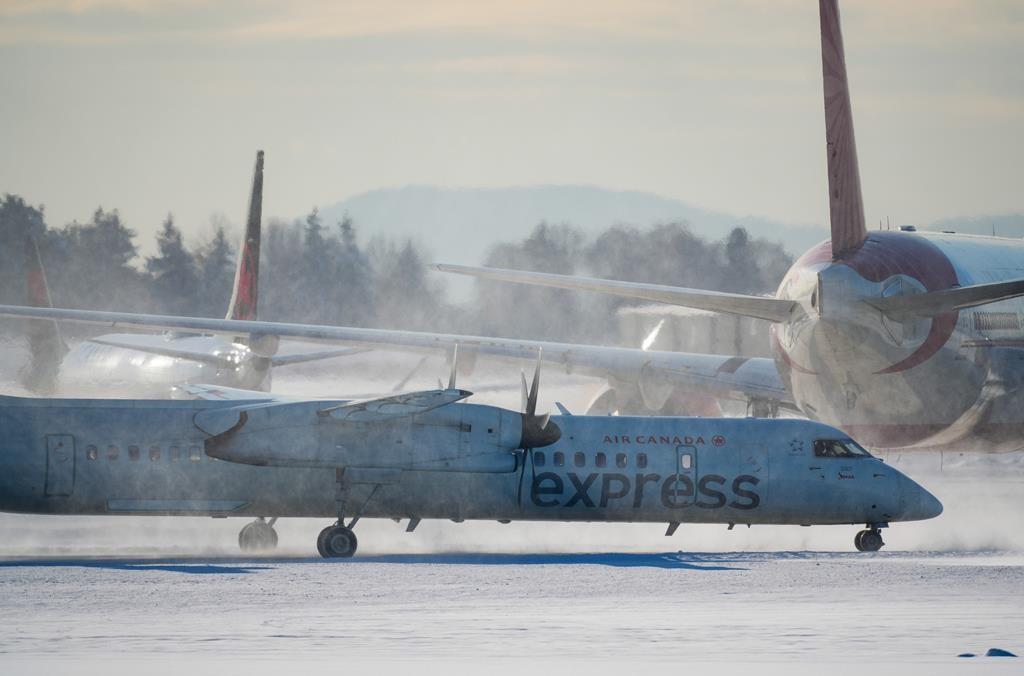FedEx, Amazon, the U.S. Postal Service, and UPS are warning of delivery delays ahead of Christmas as a major winter storm crosses the United States.
“FedEx Express experienced substantial disruptions at our Memphis and Indianapolis hubs last night due to severe winter weather that has been moving across the United States,” FedEx said in a statement on Dec. 23, adding, “Potential delays are possible for package deliveries across the U.S. with a delivery commitment of Friday, December 23 and Saturday, December 24. FedEx is committed to provide service to the best of our ability.”





